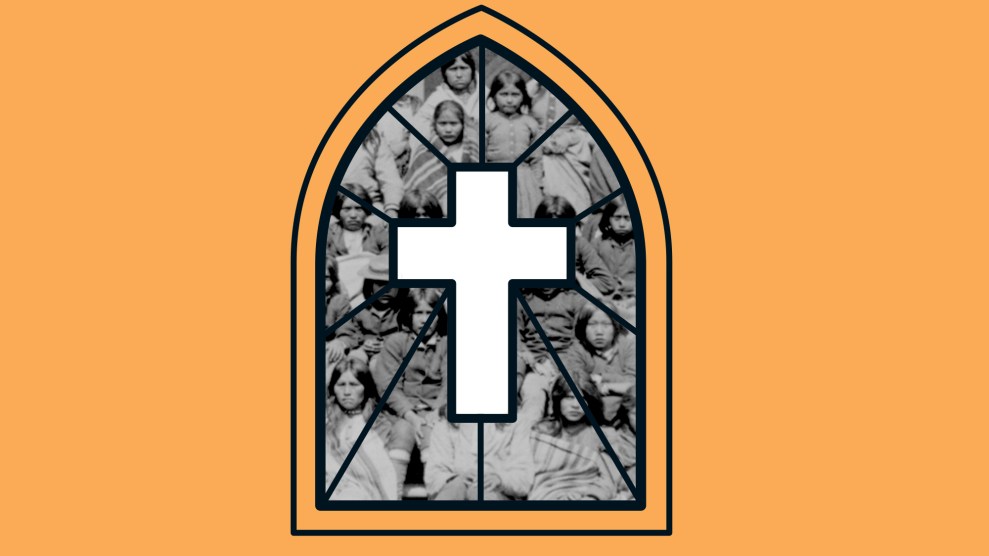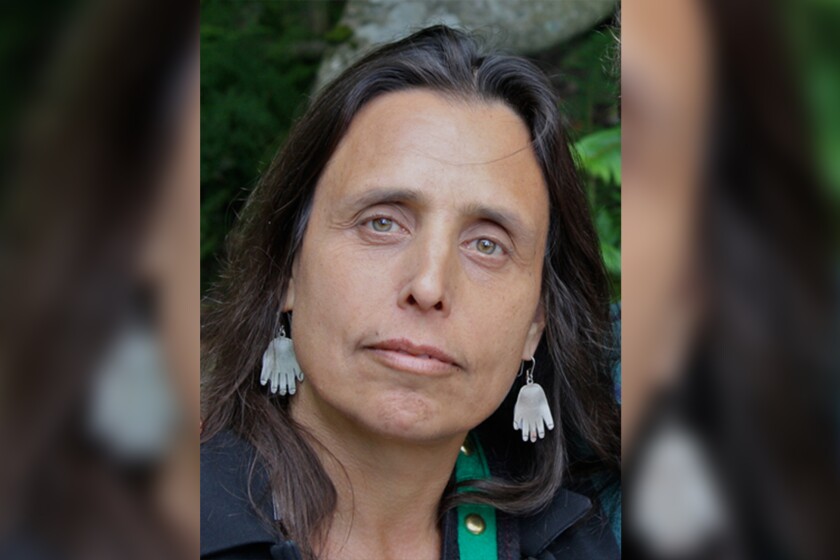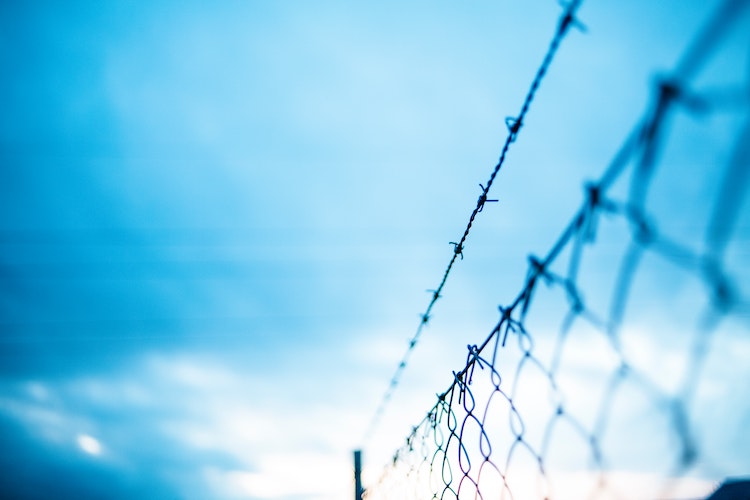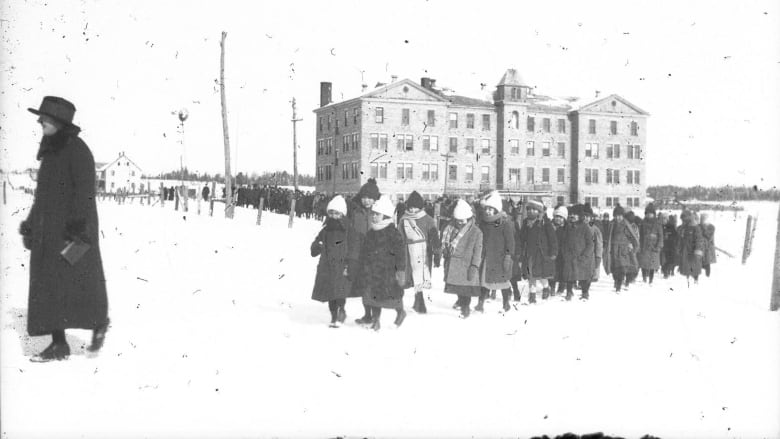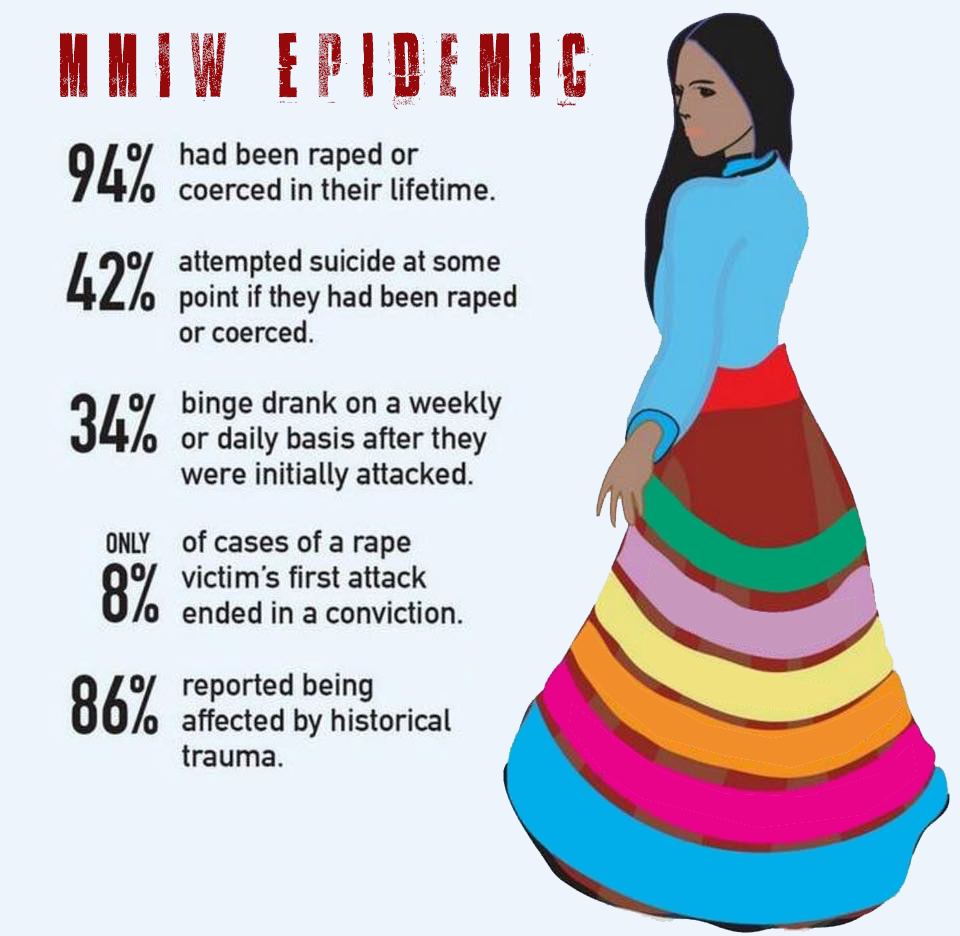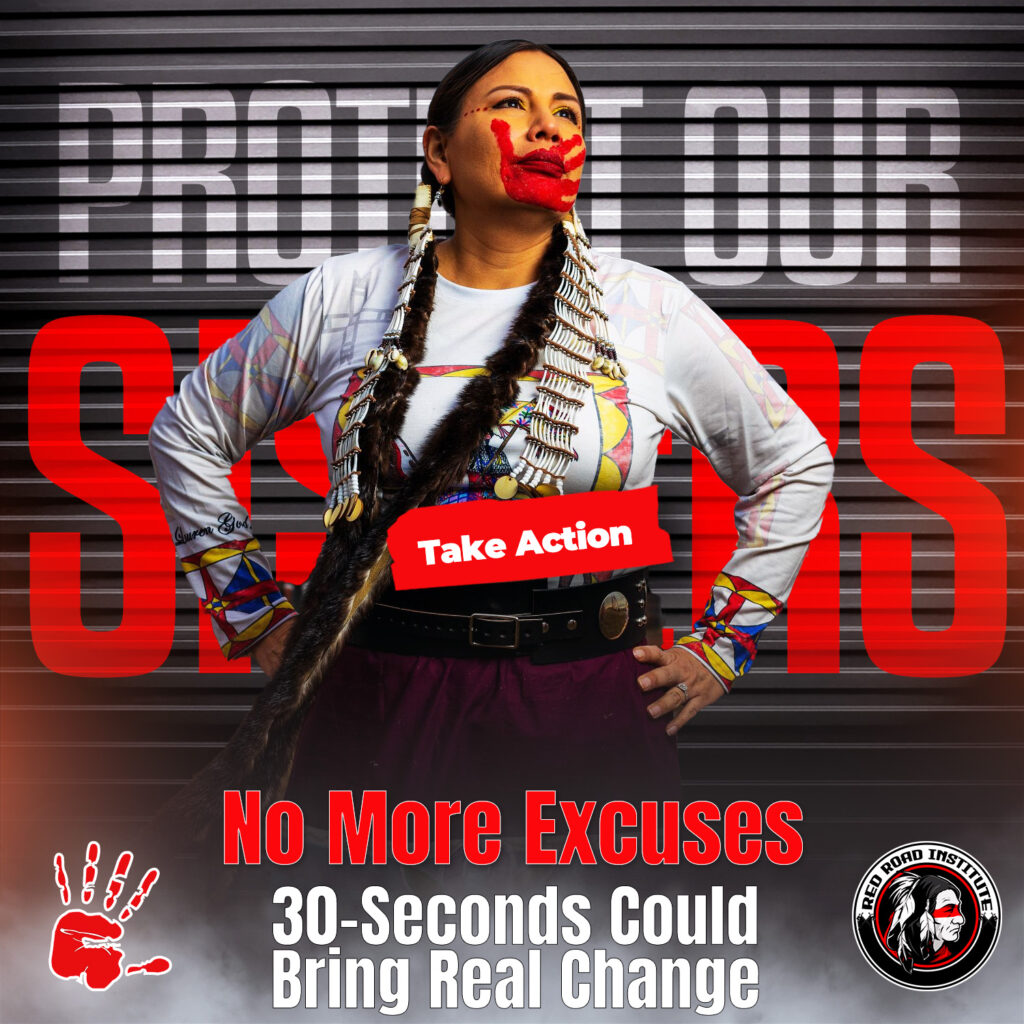Minnesota is poised to be the first state to protect the rights
of tribal nations and Native children. That’s the right thing to do and
it has broad bipartisan support, thanks to the leadership of
Minnesota’s Native legislators.
At stake is The Minnesota Indian
Family Preservation Act, which intends to shore up the ability of Native
families to keep Native children, instead of seeing them turned over to
non-Native homes for long-term foster care or adoption. That’s how a
people can continue, given that history has not been good to Native
children.
The bill is also moving forward now because the U.S.
Supreme Court may strike down the protections afforded to Native
children through the Indian Child Welfare Act (ICWA). Minnesota is
stepping up to keep protection for Native children intact. But we must
also tackle the bigger question of what sends Native kids to foster
care, and how we restore healthy Native communities and protect the
ecosystems which support a way of life.
Native foster care is a
very emotional subject. Losing children to another culture is damaging.
Lost to the next generation is the ability to transfer lessons, cultural
values, teachings and even places — where to harvest wild rice or pick
berries, for instance. Those are essential parts of being Anishinaabe.
We want to keep the children, and we want to keep the ecosystems, the
wild rice, the fish and good life for them.
The United Nations
defines one component of genocide as removal of children from the
community. But historically both the Canadian and U.S. governments have
forcibly removed thousands of Native children from their homes. The
federal Indian Child Welfare Act was intended to protect Native
children, but last fall the Supreme Court took up challenges to the ICWA
in the case of Haaland v. Brackeen.
This is primarily a Texas case, where the child was eventually
kept by the non-Native couple who now wants the child’s sibling. But
there’s also a Minnesota connection. A Minnesota couple, Danielle and
Jason Clifford, argued in court that they could better provide for the
child, but the White Earth Nation and the grandmother fought back and
the grandmother won custody because of ICWA.
The fact is that most
things have been stolen from our people. Land is the most obvious proof
of that. But Christian churches similarly outlawed our religions and
took children to residential schools where they were often heavily
abused. Many Native people then and now lose their lives to the American
system whether in courts, jails or extreme poverty. Children are the
future, and that’s why Native families and our communities are fighting
to keep minimal protections in Minnesota.
As state Sen. Mary
Kunesh, DFL-New Brighton, explained recently, “At one time in Minnesota,
the state took Indian children from their families to be placed into
foster care or for permanent adoption at five times the rate they did
non-Indian children. Some Indian children spent years trying to recover
their Indian identities and reconnect with their tribal communities.
Many others never made it home to see their families or communities
again.”
That’s why Kunesh and Reps. Heather Keeler, Alicia
Kozolwski, Jamie Finn and other Native legislators led this work. They
were joined by many other state representatives who said this was the
right thing to do. These representatives are working to protect
Minnesota Native families, making Minnesota the first state in the
country to shore up the foundations of the Indian Child Welfare Act.
Nearly
every tribe in the nation and in Minnesota, including the White Earth
Band of Ojibwe, delivered “friend of the court” briefs to the Supreme
Court: “The challenges to ICWA in this litigation seek to diminish
ICWA’s protections and undermine the unique trust responsibilities the
United States owes to Indian children and Indian Tribes,” says a brief
filed by 180 Indian tribes and 35 tribal organizations.
Now, I’m
going to ask the uncomfortable question: How do we improve the quality
of life in our own tribal communities, so that there is no need for
foster care or adoption? Health and housing situations in our community
remain dire. The water in villages such as Pine Point and Rice Lake is
really a serious problem. Years have gone by without upgrades. Pipes are
laid only for Canadian corporations but not for Native people.
When
do we secure adequate funding for housing, heat and basic necessities
for our communities, so that our children are less at risk? Food
security is likewise an ongoing problem for Native families and is
further compromised by criminalizing Native harvests, or destruction of
Native foods. Wild rice and maple stands are laid to waste by a flick of
a pen at the Minnesota Department of Natural Resources, while
destabilizing and clear cutting our world continues.
The fact is
that Native children need Native families and thriving Native
communities. Let’s be courageous Minnesota and make sure Native kids are
in our communities, and that our communities are able to thrive, and
our Akiing — the land to which we belong — remains intact.
And thank you to the Minnesota legislators for doing the right thing.
Winona
LaDuke is executive director, Honor the Earth, and an Ojibwe writer and
economist on Minnesota’s White Earth Reservation. She is also owner of
Winona's Hemp and a regular contributor to Forum News Service.
READ THIS:







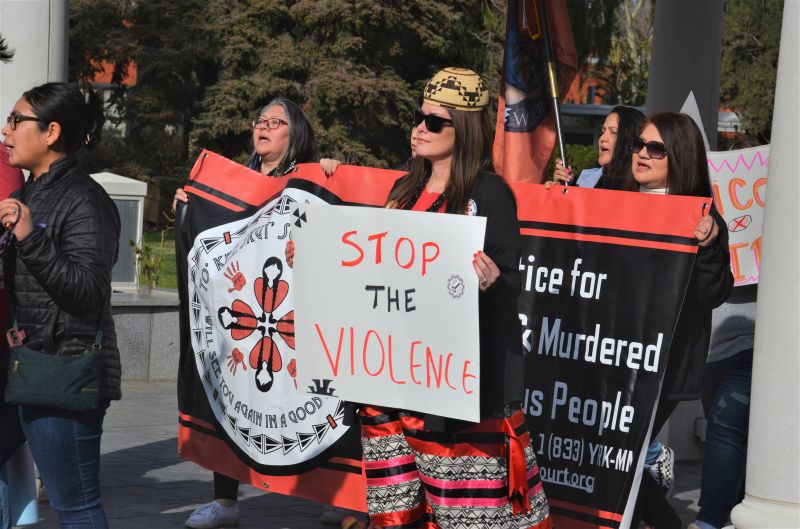

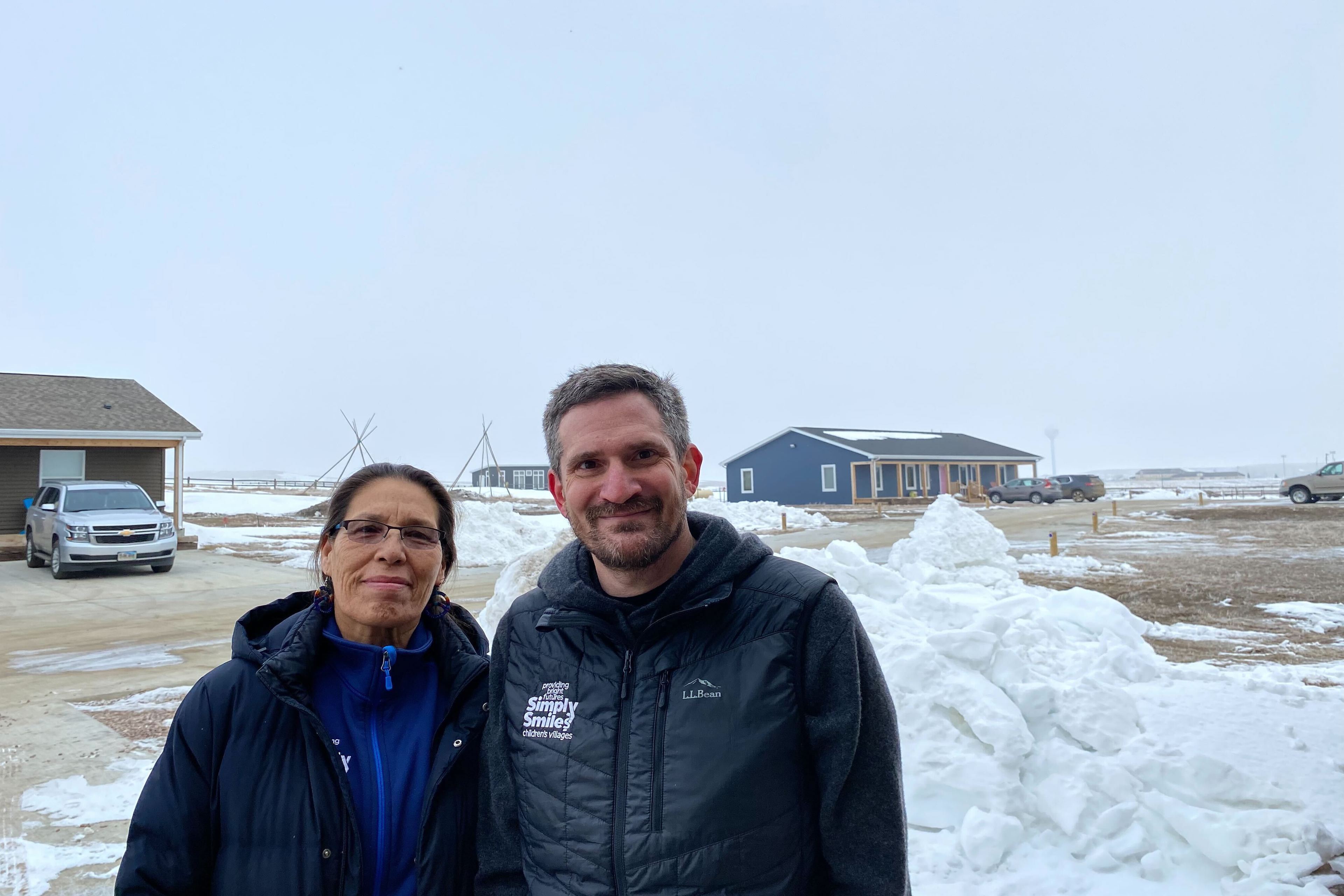
:format(webp)/https://www.thepeterboroughexaminer.com/content/dam/localcommunities/peterborough_this_week/news/2023/02/10/after-gravesite-was-flooded-out-trent-student-wanted-to-do-right-for-60s-scoop-great-grandma/10850266_commanda.JPG)

